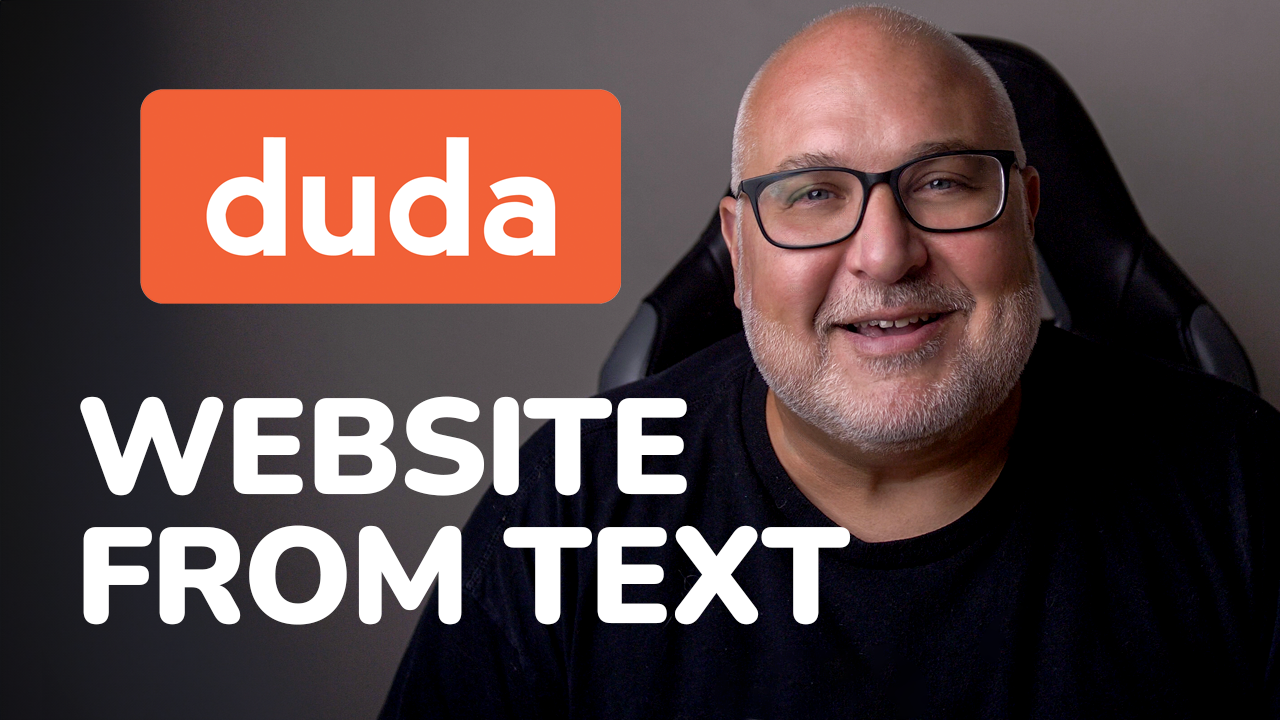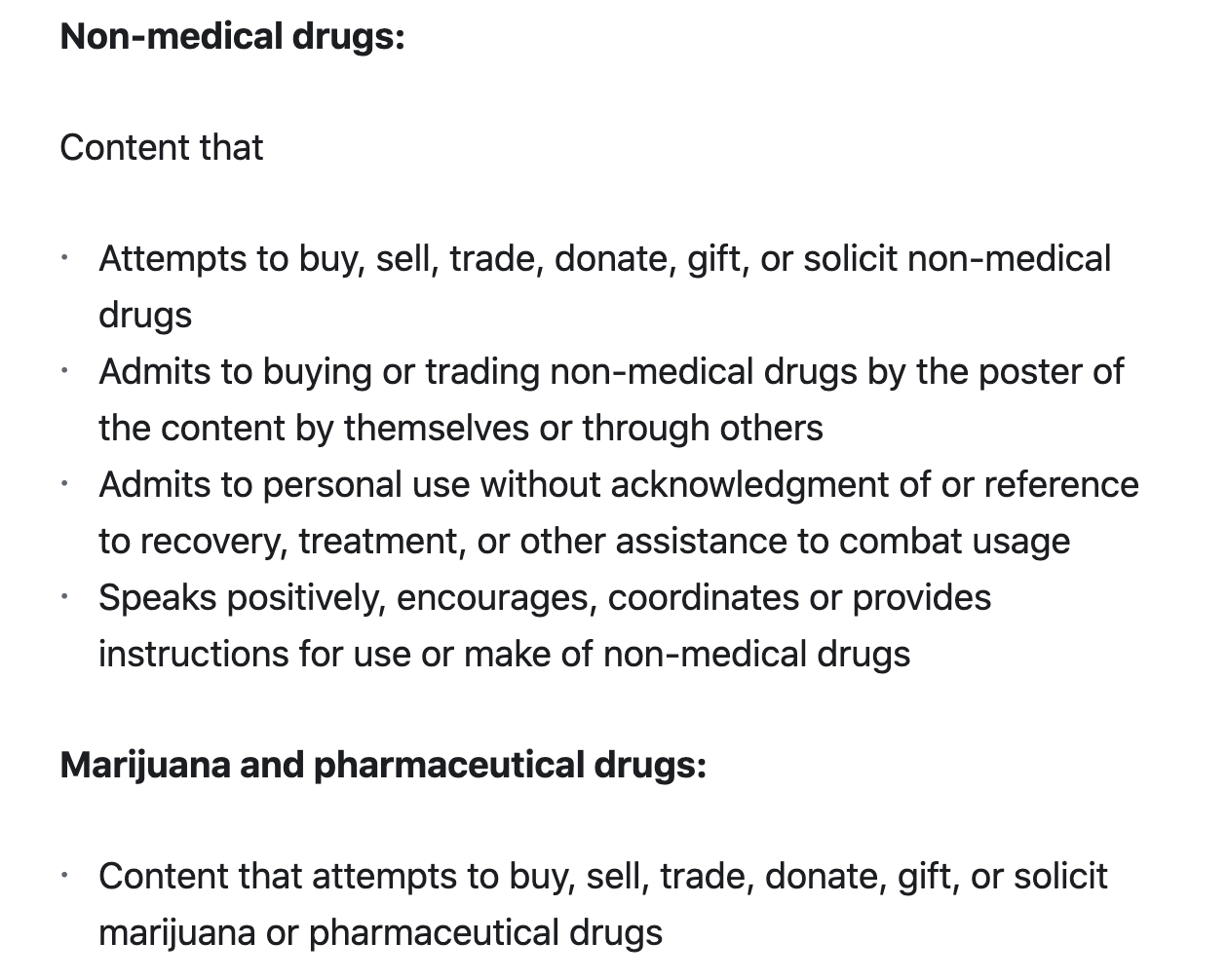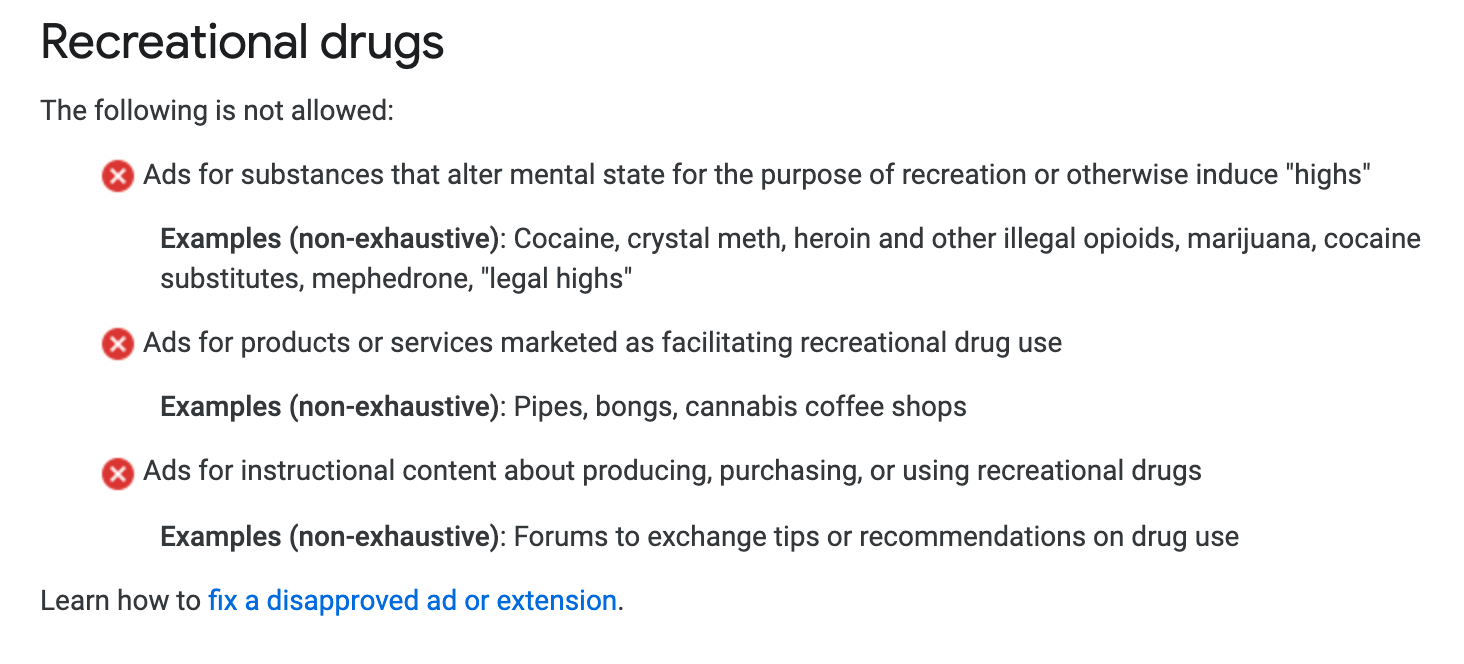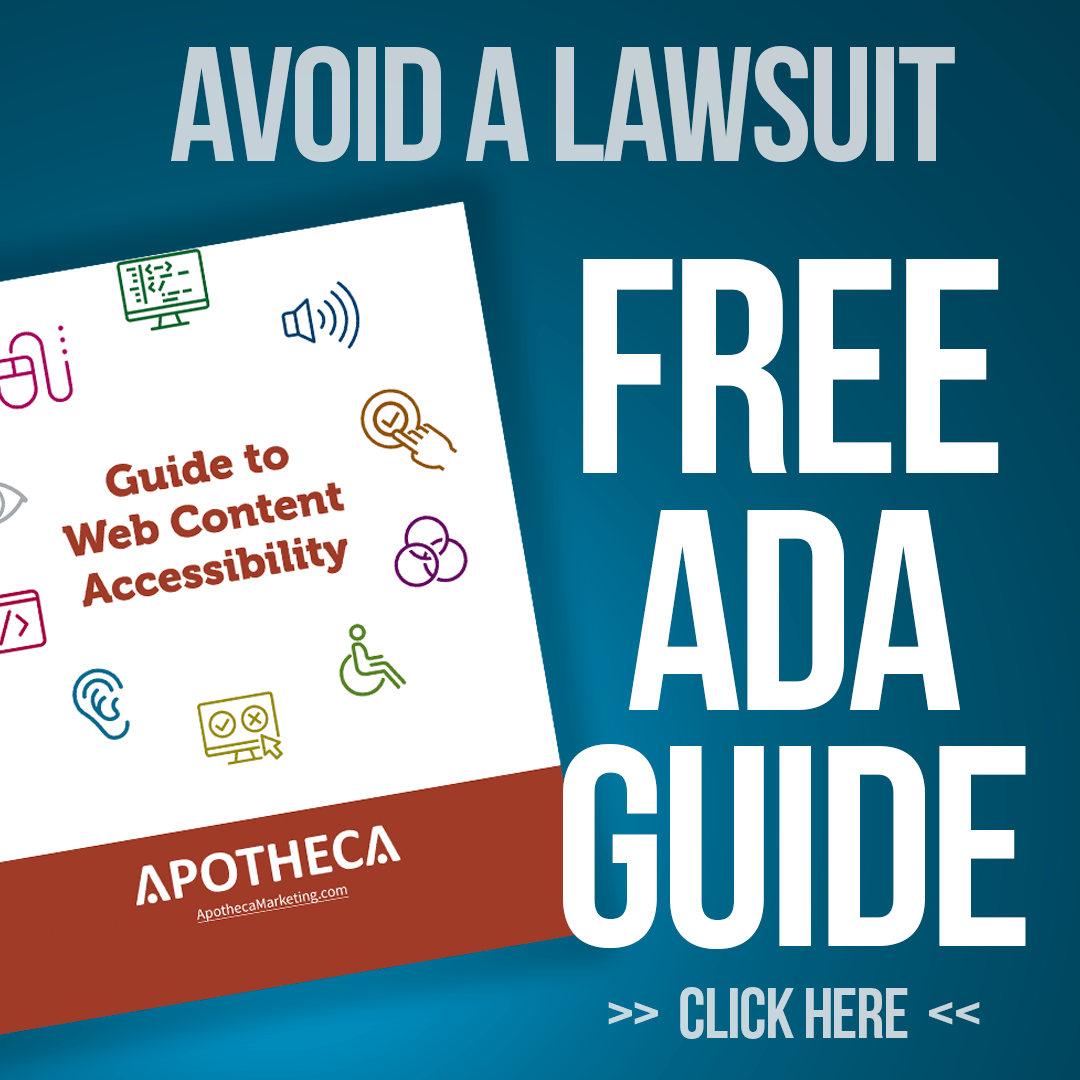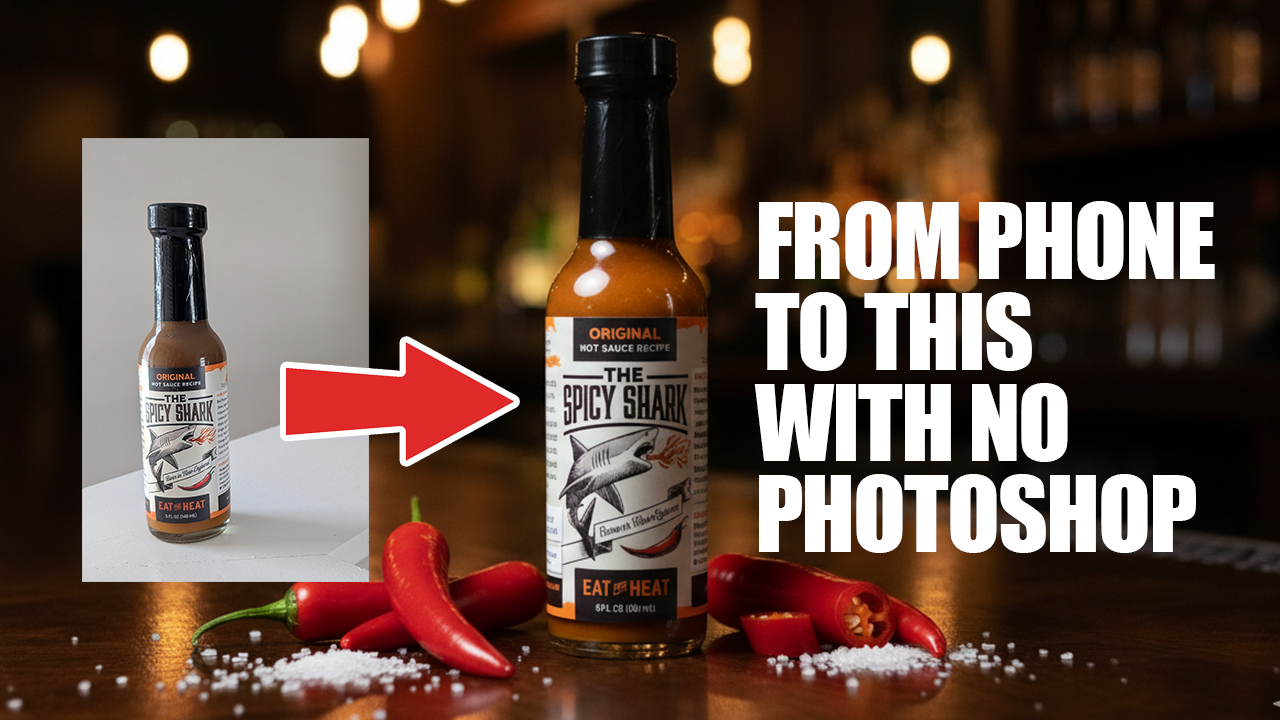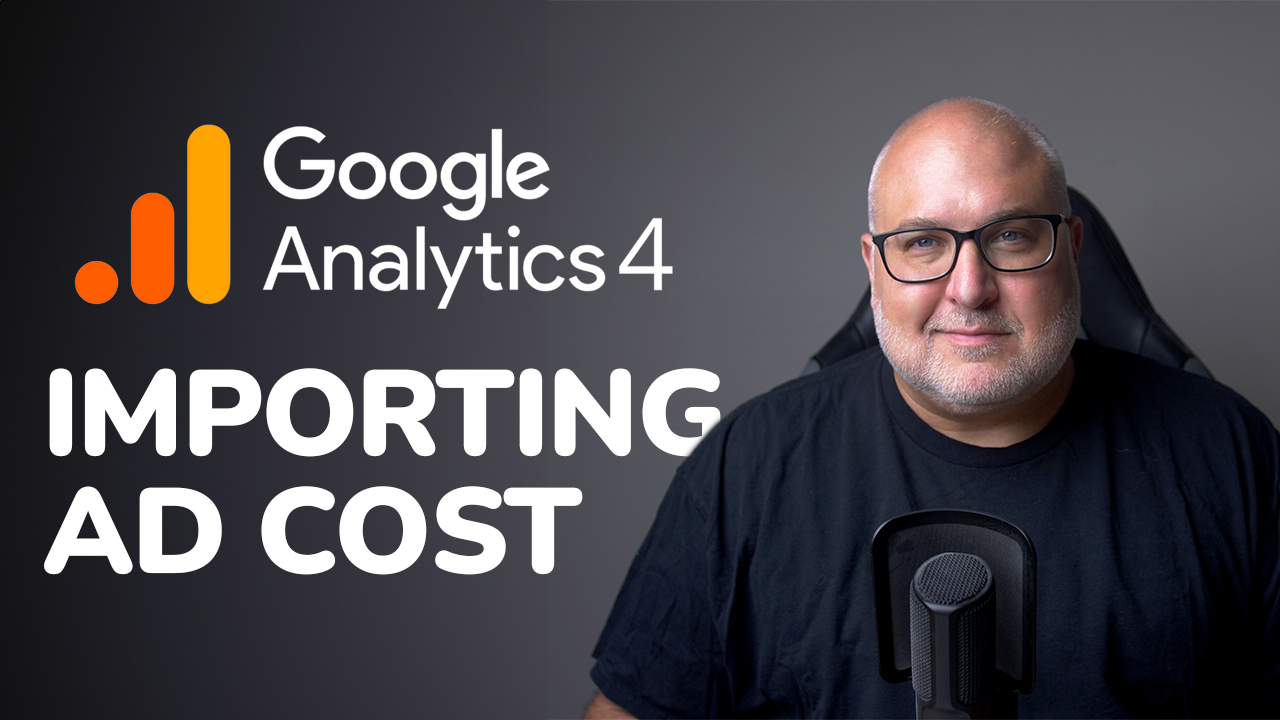Marketing CBD on Facebook & Google
Roy Bielewicz
So you’ve launched your CBD products website, and now you need to start driving traffic and sales. Normally, this would entail a combination of programs, including social media, organic search, and paid ads using PPC via Google Ads, and paid social media via Facebook and Instagram. You create super compelling and creative ads for both Google and Facebook/Instagram only to discover… that your ads are declined. What?!?
So you scour Facebook’s ad policies, and there’s no mention of CBD being restricted. Same for Google. And you can swear that you’ve seen other sites advertising these products, right? So what the… Yes, you’re right be confused. Let’s take a look at why.
What Does Facebook Restrict?
Facebook makes it pretty clear in it’s prohibited content policy that “ads must not promote the sale or use of illegal, prescription, or recreational drugs.” It also says that it will prohibit certain regulated goods which include “non-medical drugs, pharmaceutical drugs, and marijuana.” One key phrase from this policy is, “Some of these items are not regulated everywhere; however, because of the borderless nature of our community, we try to enforce our policies as consistently as possible.”
While this policy doesn’t specifically ban ads for CBD-related products, it’s broad enough that it can. We know that in practice, Facebook does actively disapprove CBD products, and will even go so far as to deactivate your account if you repeatedly submit CBD-related ads.
But you know that you’ve seen CBD ads, right? Facebook’s automated ad approval process is anything but accurate. It is possible to sneak through CBD ads, at least temporarily. Just because the ad was initially approved, doesn’t mean that it won’t suddenly get disapproved days, weeks, or even months later. There are also some tactics you can use to avoid disapprovals, which we’ll touch on later.
Google’s Restrictions
Much like Facebook, Google doesn’t explicitly forbid ads selling CBD products. What Google's policy does say is that it restricts dangerous products and recreational drugs.
“The following ads are not allowed: Ads for substances that alter mental state for the purposes of recreation or otherwise induce ‘highs’. Examples (non-exhaustive): Cocaine, crystal meth, heroin or other illegal opioids, marijuana, cocaine substitutes, mephedrone, ‘legal highs’.”
And while CBD doesn’t fit under the “induce highs” category, we know from practice that Google will disapprove ads (and landing pages) with CBD-related keywords. A key distinction here is that Google absolutely looks at content and keywords on your landing pages as well as your ads. So even if you craft an ad that avoids CBD terms, if you’re product page, URL, landing page, or even other sections of your site mention CBD, they can trigger a disapproval.
Google will often allow, at least temporarily, ads that feature hemp-related keywords, but since it’s an automated review process, this doesn’t always hold true. This is why you may see some ads in Google Shopping and PPC, while yours may have been disapproved.
Improve Your Chances for CBD Ad Approval
As we’ve mentioned before, the approval process for ads in both Google and Facebook are heavily automated, so many ads that should be approved may not be, and vice versa. Even after your ad is declined and you request an ad review, the policies seem to be applied unevenly, so it’s really luck of the draw getting approvals during the review process. However, there are best practices you can use to increase the odds that your ads will be approved. We do caution, however, that repeated attempts to run “banned” ads on Facebook can lead to the closure of your Business Manager account, so proceed with caution.
Remove References to CBD
We recommend removing any reference to CBD in both your ad copy as well as on your landing page/product page. In some cases this may mean creating a specific landing page for your ad campaign, since you probably don’t typically want to remove CBD terms from pages being spidered for organic search. Instead of “CBD” you can experiment with hemp-related keywords (though these too are sometimes restricted), or euphemisms for CBD such as “all natural remedies,” “plant-based products,” “herbal remedy,” etc.
Create a “Gated” Landing Page
In the event that your ads are still being rejected even after removing CBD references, you may want to test using a landing page that has no links to the rest of your website. This will help to keep Google and Facebook spiders from exploring the rest of the site where “restricted” terms may still exist. Once the ad(s) have been approved, you can experiment with adding links to this page to see if that impacts the ad’s approval. We’d recommend waiting several days before attempting to add these links, however.
Using a third-party landing page tool such as Unbounce, Instapage, or even MailChimp make this process easier if your website isn’t geared toward unlinked pages. These tools will help you create pages that don’t have your default navigation and footers, which will automatically contain links to the rest of your site.
Other Marketing Options
Obviously, paid ads on Google and Facebook are a great way to quickly generate traffic and sales to your site. However, if you find that your ads are consistently being rejected, there are other channels for driving traffic. Frankly, even if your ads are accepted, you should be exploring a multi-channel approach that includes some of the following:
Organic Search
While Google is restrictive in what it allows in it’s paid ads, organic search is not as regulated. If you search for any “cbd” terms, you’ll see a plethora of organic results for both retailers and blogs related to the CBD industry. This approach takes time, and calls for the development of quality content (blogs, articles, video, etc.), but the upside is considerable. We highly recommend a content strategy that includes new blogs and articles on a weekly or bi-weekly basis.
Organic Social Media
As with Google, Facebook and Instagram advertising can be restrictive, but organic posts aren’t as limited. As with organic search, we recommend developing a regular content strategy that includes daily, relevant posts to your social media. If you already have a content strategy in place for blogs and video, then you now have an abundance of potential posts for your social media too.
Much like organic search, this approach does take time and effort. Due to Facebook’s algorithm, many of your followers won’t necessarily see your posts, so it behooves you to post often and encourage post interaction (likes, comments, etc.), since this will help to improve your post visibility.
Influencer Marketing
Paying influencers to help promote your products is another way to circumvent some of the ad restrictions on Instagram, and is also a way to reach audiences on other social platforms such as TikTok, SnapChat, etc. You can also experiment with sending samples of your products to bloggers in exchange for products reviews or mentions. Influencer marketing has its challenges, and can be expensive, so use this approach cautiously.
Native Advertising
Google’s display advertising network is extensive, but not all sites are limited to using just Google’s distribution for banner ads. Many publishers or blogs use proprietary or third party distribution outside of the Google empire to generate ad revenue. Tools like Outbrain, Taboola, AdRoll, and Triplelift can help you reach thousands of publishers.
Public Relations
Don’t forget traditional, old school marketing techniques like press releases. Local blogs and newspapers are alway hungry for content. Along with your content strategy, you should incorporate efforts to convey your story to local media outlets such as newspapers and TV, as well as industry publications, and blogs.
Marketing CBD and hemp products definitely has unique challenges, and often necessitates using unconventional approaches. And adds a layer of effort, work, and skills that you may not have. Apotheca’s team of experienced marketing professionals can help you create programs that will drive traffic and sales for your CBD business.
Contact us today for a free consultation or to learn more about our services.
Contact Us
